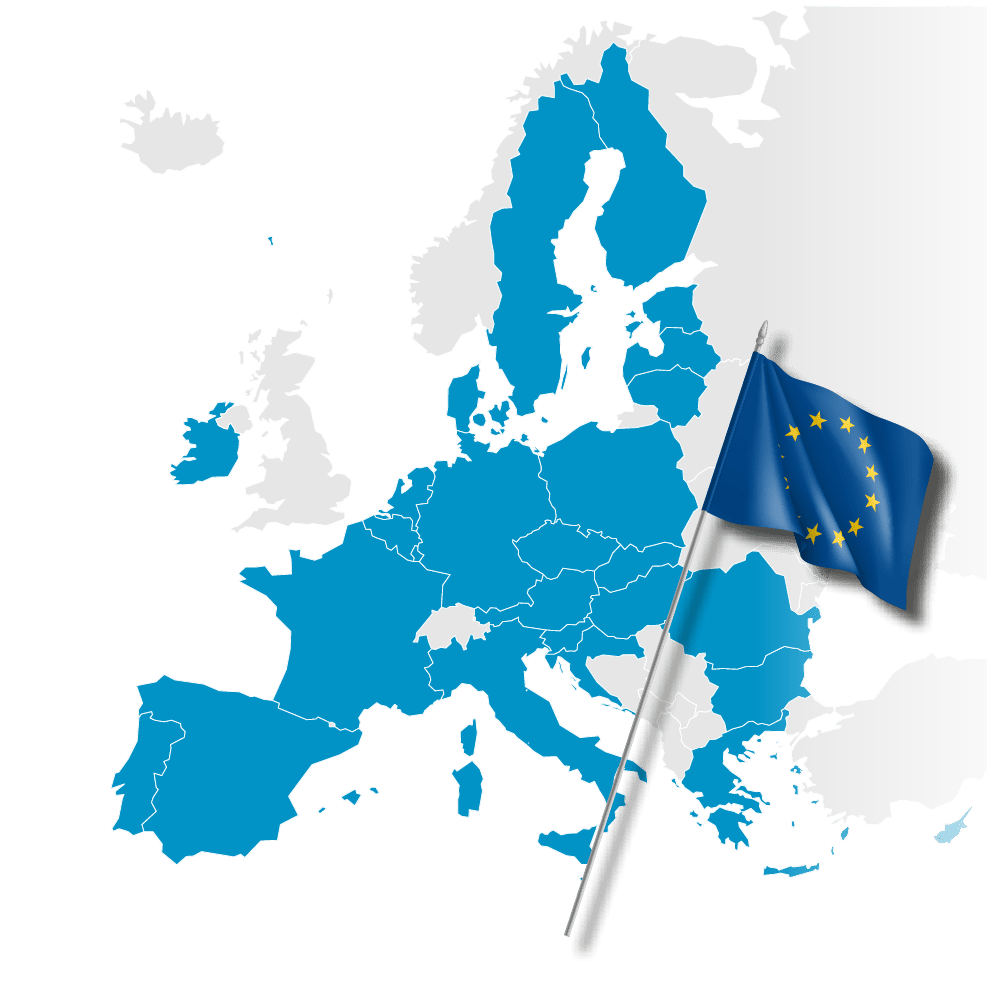Bulgaria marks a historic milestone as the Council of Europe officially ends its post-monitoring dialogue with the country after 26 years. The plenary session voted in favor of a special resolution recognizing Bulgaria’s achievements, with the majority of political groups supporting the measure, BGNES reported.
Denitsa Sacheva highlighted on Facebook that the resolution acknowledged Bulgaria’s significant progress in strengthening democracy, upholding the rule of law, and protecting human rights. It noted key reforms in the judicial system, anti-corruption efforts, and measures safeguarding freedom of speech. The resolution also praised new legislation addressing domestic violence, limiting hate speech, and better protecting journalists.
This decision follows the European Commission’s termination of the Cooperation and Verification Mechanism, and it comes ahead of Bulgaria joining the Eurozone on January 1, 2026. While the post-monitoring dialogue has ended, the Parliamentary Assembly of the Council of Europe will continue periodic reviews to monitor the country’s developments. Work on the resolution spanned nearly two years, including a June meeting in Sofia where GERB leader Boyko Borissov met PACE President Theodoros Rosopoulos, who supported the abolition of monitoring.
Borissov hailed the Council of Europe’s decision as a “huge success,” interpreting it as confirmation that Bulgaria has built a sustainable democracy with functioning institutions and strong protection for journalists’ rights. He credited the current government and parliamentary groups for supporting legislative reforms that earned positive European assessments. Borissov compared the end of monitoring to Bulgaria’s progress on Schengen membership, noting both as achievements under the current administration. At the same time, he criticized President Rumen Radev for governing unilaterally and interfering in the services.
Borissov stressed that key appointments and dismissals of state structures should follow parliamentary debate and agreement, rather than one-man decisions. He confirmed that his parliamentary group would support the continuation of current heads of services to ensure stability.
The GERB leader also expressed deep concern over growing tensions between Russia, the US, and Europe, citing recent attacks on energy facilities in Ukraine. He warned of the risks of escalation and possible war, pointing to the suspension of Chernobyl’s power supply following attacks. “The world is confidently heading towards war,” Borissov said. He described Russian aggression as “monstrous” and relentless, adding that even coordinated responses from Europe and the US are unlikely to de-escalate the situation. He emphasized the critical need for strong, well-organized state services at this moment of heightened global instability.

